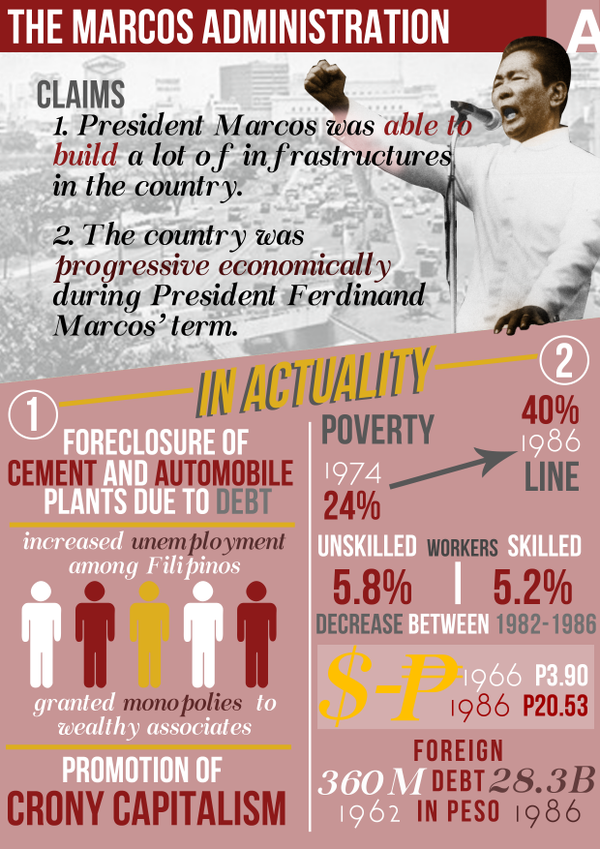Come Check Out The Exciting World Of Martial Arts, Where Ancient Traditions Satisfy Modern Efficiency - A Journey Right Into Background And Philosophy Awaits.
Come Check Out The Exciting World Of Martial Arts, Where Ancient Traditions Satisfy Modern Efficiency - A Journey Right Into Background And Philosophy Awaits.
Blog Article
Content Author-Fyhn Stokes
Enter the ancient world where martial arts were substantiated of necessity in varied regions. https://martialartsclubsnearme43221.sharebyblog.com/31022344/past-the-dojo-martial-arts-kind-for-fitness-and-health fighting designs linked with historic contexts. Strategies developed over centuries through committed method and cultural exchanges. https://globalcomment.com/the-karate-kid-and-his-rip-offs-a-showdown/ , contemporary martial arts mix conventional elements for optimal efficiency. Philosophically, martial arts emphasize discipline, self-improvement, and harmony. Respect, humbleness, and equilibrium are foundational concepts directing experts in the direction of growth and resilience. Explore the midsts of this rich history and viewpoint to discover the extensive impacts forming this enduring discipline.
Origins of Martial Arts
Fighting style originated in different regions all over the world, evolving as functional battle systems to defend against risks. These old battling styles were created out of requirement, with each society crafting techniques matched to their special settings and difficulties. From the grappling arts of Jujutsu in Japan to the striking methods of Martial art in China, martial arts were deeply linked with the historic, social, and cultural material of their corresponding cultures.
In Japan, the samurai course polished martial arts like Kenjutsu, the art of the sword, which later advanced into the more popularized type of Kendo. On the other hand, in Brazil, Capoeira emerged as a mix of dance and combat, produced by enslaved Africans as a way to stand up to fascism. Each martial art lugs with it a rich background and ideology, reflecting the values and beliefs of the people that exercised them.
As you explore the origins of martial arts, you discover a tapestry of human resourcefulness, resilience, and the unrelenting spirit of warriors throughout time.
Evolution of Strategies
Through centuries of method and improvement, battle techniques within different martial arts have undertaken an extensive advancement. From old styles like Kung Fu and Karate to more modern-day disciplines such as Brazilian Jiu-Jitsu and Krav Maga, the development of methods has been driven by a combination of social impacts, functional applications, and technological advancements.
One considerable facet of this evolution is the cross-pollination of techniques in between different martial arts. As an example, methods from traditional Japanese Jiu-Jitsu were integrated right into the production of Judo by Jigoro Kano in the late 19th century. This mixing of styles has resulted in the advancement of hybrid martial arts like Mixed Martial Arts (MMA), which incorporate elements of striking, grappling, and submission strategies.
Moreover, the evolution of strategies has been formed by the enhancing focus on performance and performance in fight. Practitioners have actually continuously looked for to improve their methods via rigorous training, trial and error, and competition, resulting in the growth of extremely specialized and reliable fighting styles. Generally, the evolution of techniques in martial arts reflects the dynamic nature of combat and the ongoing quest for improvement and development.
Philosophical Foundations
Checking out the underlying thoughtful concepts of martial arts supplies insight into their core worths and assisting ideas. At the heart of several martial arts self-controls is the principle of technique itself. By training your body and mind to work as one cohesive device, you cultivate self-control that expands beyond the dojo or gym into daily life. This self-control encompasses respect, humility, and self-discipline, forming not simply your physical capabilities yet also your character.
Another essential philosophical foundation in martial arts is the idea of constant self-improvement. The journey of understanding a fighting style is continuous, with specialists regularly aiming to much better themselves, both literally and mentally. This focus on growth promotes durability, determination, and a development mindset that can be applied to all elements of life.
In addition, martial arts stress the importance of consistency and equilibrium. Strategies are designed to make use of an opponent's energy versus them, highlighting the principle of generating and rerouting force as opposed to fulfilling it head-on. This ideology encompasses social connections, promoting serene resolutions and good understanding. By embracing these thoughtful structures, martial artists not just boost their fight skills but likewise cultivate a way of life fixated individual development, regard, and harmony.
Final thought
Finally, the history and ideology of martial arts provide a rich tapestry of practice, self-control, and self-improvement.
Consider youth martial arts near me of Bruce Lee, who changed martial arts by blending different styles and viewpoints to develop his very own distinct kind of Jeet Kune Do.
With commitment and development, martial musicians remain to push borders and inspire others to reach their full potential both in combat and in life.
